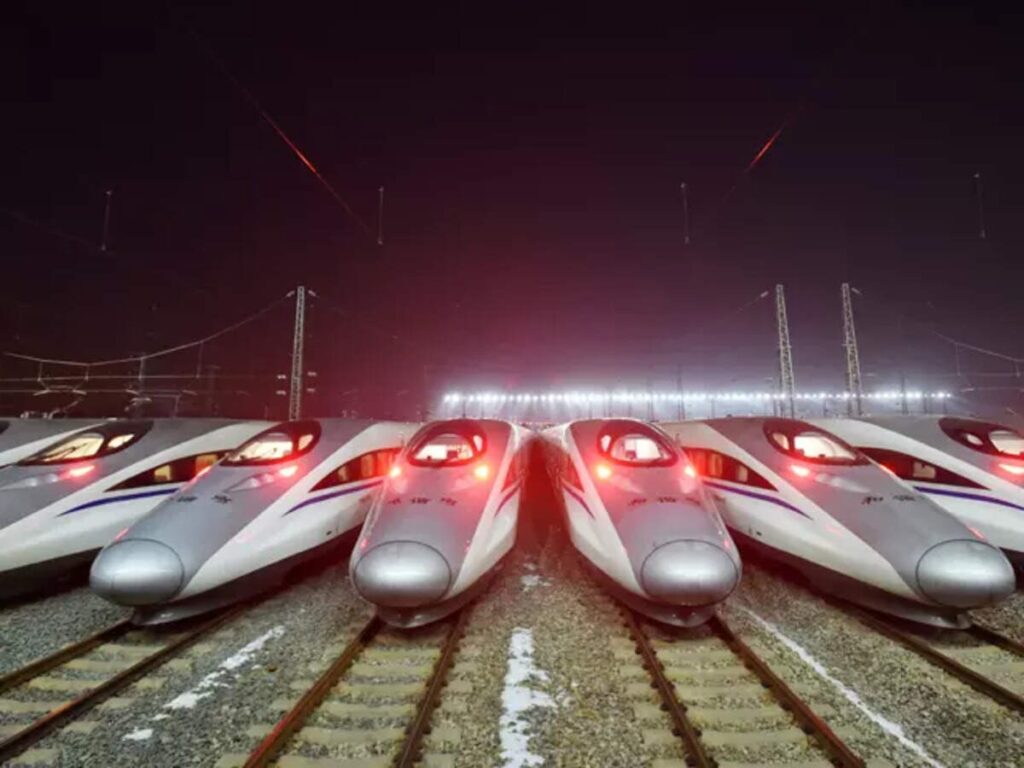State-owned BEML is set to start manufacturing India’s first bullet train prototype in September at its Bengaluru facility, which also makes Vande Bharat sleeper trains. The prototype is planned for speed testing by December 2026, said BEML chairman and managing director Shantanu Roy. BEML has secured the contract to design, build, and commission two high-speed trainsets.

Currently, the design work is ongoing and expected to be completed in a few months, with manufacturing beginning in September. The project involves advanced technologies in passenger safety, sheet metal work, welding, signalling, and train control systems, Roy explained.
Last October, the Integral Coach Factory assigned BEML the task of producing two eight-coach high-speed trainsets designed to reach speeds of 280 kmph, with operational speeds capped at 249 kmph. The project cost is around Rs 867 crore, or Rs 27.86 crore per coach, which is significantly less than comparable Shinkansen coaches costing Rs 46-48 crore each.
BEML highlighted its cost advantage due to sourcing materials domestically, including stainless steel. The first coach is expected by the end of FY26 and will undergo rigorous tests such as squeeze and climatic chamber tests to ensure durability and lightweight design. After approval, 15 additional coaches will be produced swiftly.
By December 2026, the bullet train prototype will undergo oscillation and speed trials on the Mumbai-Ahmedabad High-Speed Rail corridor.
BEML has engaged several expert agencies for design validation, quality checks, welding expertise, and safety assessment to ensure high standards throughout the project.
Under India’s National Infrastructure Pipeline, the Ministry of Railways has identified seven high-speed rail corridors including Delhi-Varanasi, Delhi-Ahmedabad, Mumbai-Nagpur, Mumbai-Hyderabad, Chennai-Bengaluru-Mysuru, Delhi-Chandigarh-Amritsar, and Varanasi-Howrah. Detailed reports for four corridors have been submitted.
Roy stated that BEML is expanding its workforce and capacity to handle more rail projects. The Mumbai-Ahmedabad High-Speed Rail project is funded mainly by a low-interest loan from JICA, which covers 81% of the cost, with the remaining shared by the central and state governments.
